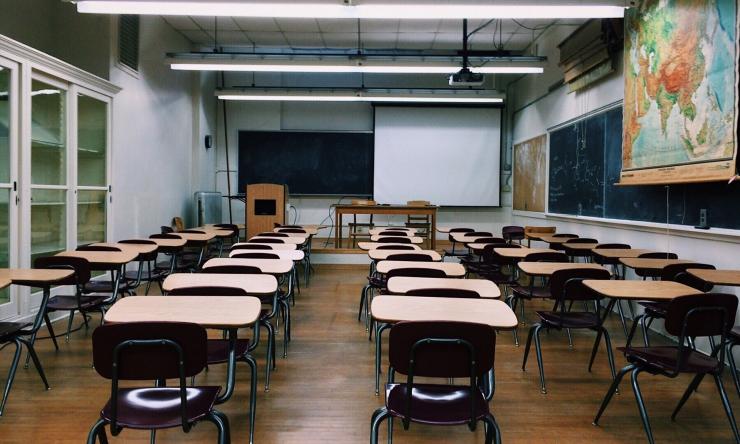COVID-19 education starts in the classroom
Baylor College of Medicine today released a curriculum for teachers that specifically focuses on the COVID-19 pandemic. The curriculum, which includes lesson plans and activities for students in grades K-12, is available for free through BioEdOnline.
“Community health needs became very evident at the beginning of the summer,” said Dr. Nancy Moreno, chair of the Department of Education Innovation and Technology and director of the Center for Educational Outreach at Baylor. “Scientists and clinicians across the country realized that the only tools we have against SARS-CoV-2 are good public health measures, and we needed a broader and deeper effort to educate all members of the community about safe public health practices and increase their awareness and understanding of infectious diseases.”
Because school children are important conduits to their families and other members of the community, helping them improve their own health understanding also would help them educate their families.
For almost 20 years, the Center for Educational Outreach has developed STEM resources for teachers, students and the general public in an effort to improve science teaching and learning. They have now applied their expertise to the understanding of the COVID-19 pandemic.
“It was part of a much larger thought process around what we could do to reduce the spread of the COVID-19 illness in the community, because if we can keep the schools open and continue to operate them safely, then we enhance the business recovery,” Moreno said.
The Center develops curriculum programs that are driven by science and aligned with education standards. The COVID-19 curriculum is written by scientists and educators and reviewed by Baylor infectious diseases experts. The program is called COVID HACKS (Healthy Actions, Community, Knowledge and Science).
The lessons are divided into four grade-bands:
- K – 2
- 3 – 5
- 6 – 8
- 9 – 12
In total, there will be about 30 lesson plans, some of which will serve multiple grade- bands.
The lesson plans address questions such as:
- What are viruses? How big are they? What do they look like?
- What is COVID-19?
- What are the symptoms of the infection?
- How can social distancing slow the spread of viruses? Why 6 feet?
- Why are face masks important?
- What are vaccines and how can they protect us?
To answer the question about the importance of social distancing by six feet, students investigate the behavior of water droplets to understand how far they travel. Another project has students evaluate the suitability of different types of fabrics for masks. They create a simple wind gauge, or anemometer, out of paper to see how much it moves when they test different fabrics with airflow from a hair dryer.
Students have to engage with the topic, explore ideas and come up with their own findings. It is more likely that students will learn information and apply it to a new situation if they have to collect some of their own data and reach their own conclusions, Moreno said.
The lesson plans also address mental health and wellness and include social sciences activities such as learning about the history of pandemics.
Most activities are written and designed for teachers to use whether they are teaching virtually or in the classroom.
“We need to enhance public understanding, particularly that of students and teachers, of infectious diseases in general and how they spread. Through that knowledge we can help them adopt more healthy behaviors to keep themselves and their families safe,” Moreno said. “This opportunity has allowed us to work with teachers and schools in a way that much more directly impacts our daily lives. We are all living through this pandemic and all want to do something to help. Increasing understanding and promoting healthy behaviors is something concrete that we can do.”
Additional lesson plans will be added over the next few weeks and teachers can register for updates: https://www.bioedonline.org/











